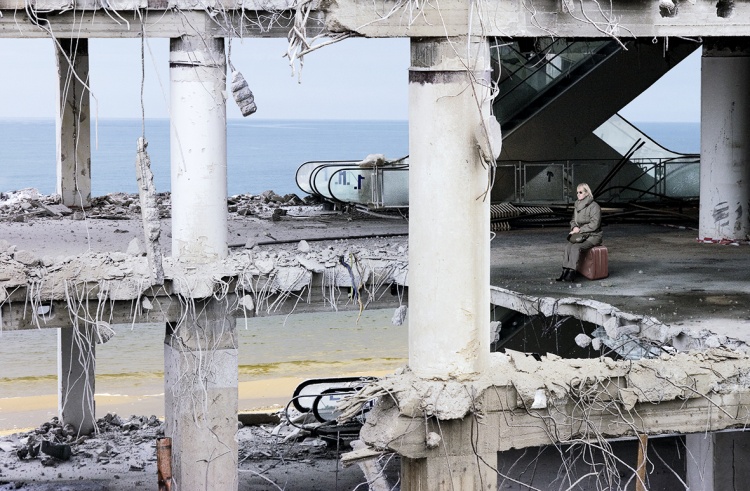Interview with Ole Bjerg
Ole Bjerg is associate professor at the Copenhagen Business School. He writes for the ephemera Journal and is one of the organizers of the conference "Organizing for the post-growth economy". He gave us a short interview for the Stream towards Degrowth. 

Digitalization is changing the world. And it's true: The vehicles of digitalization have spread through society at a rapid pace. Smartphones only entered the market a good ten years ago! Moreover, everywhere else in society - in companies, administrations, in agriculture, in transport and even in art and music - sensors, processors and many other digital devices are introduced. Yes, it is fair ...
From our project “Degrowth in Movement(s)“ Artivism is not really a movement. It’s more an attitude, a practice which exists on the fertile edges between art and activism. It comes into being when creativity and resistance collapse into each other. It’s what happens when our political actions become as beautiful as poems and as effective as a perfectly designed tool. Artivism is the Clown Army...

Why a social-ecological transformation is impossible without changing the deep structures of our economy Opening a newspaper or listening to the radio news exposes us to a flood of catastrophic messages: devastating droughts, failing states, terrorist attacks, and financial crashes. You can look at all those incidents as unconnected singular phenomena, which is exactly what the common presenta...